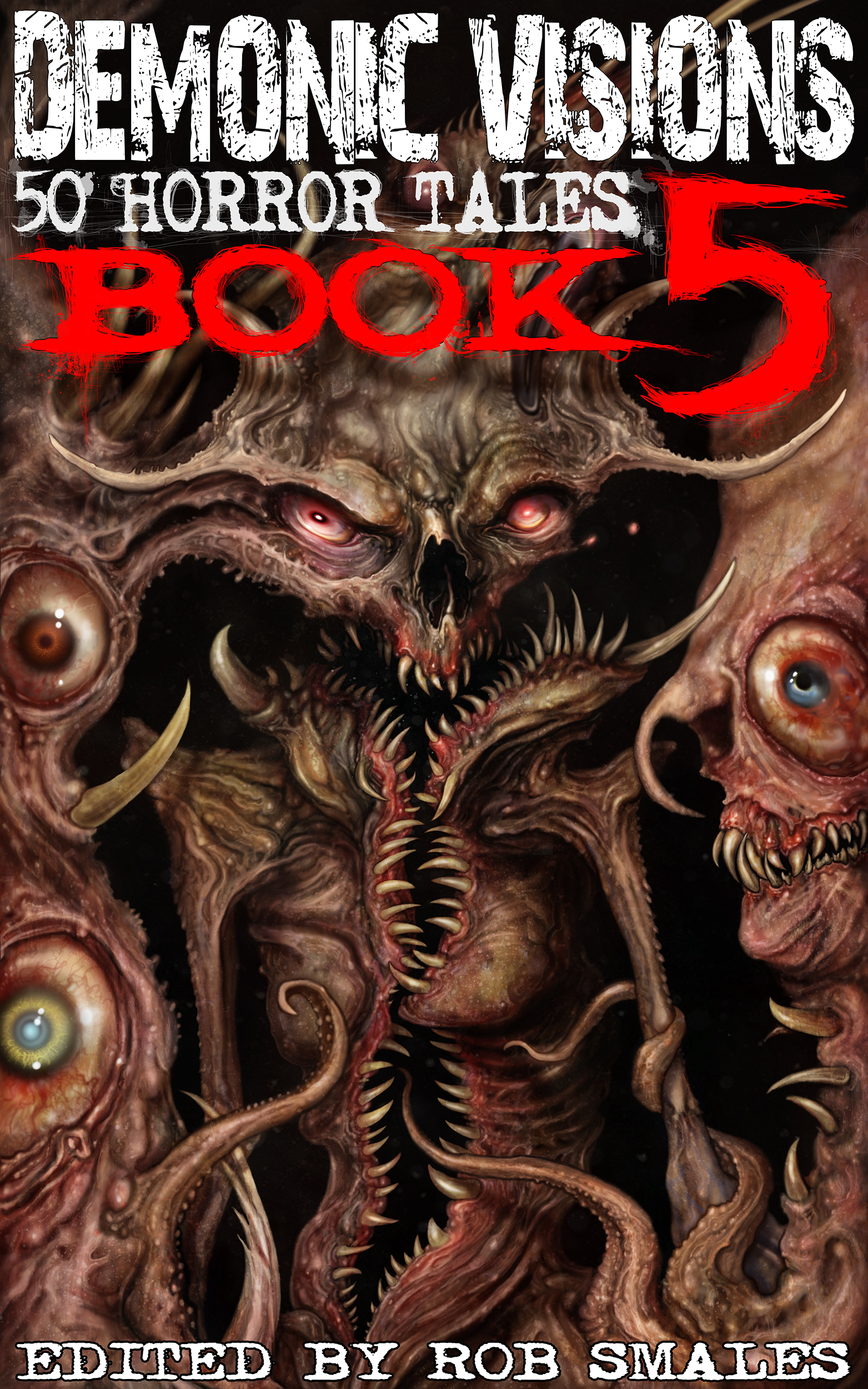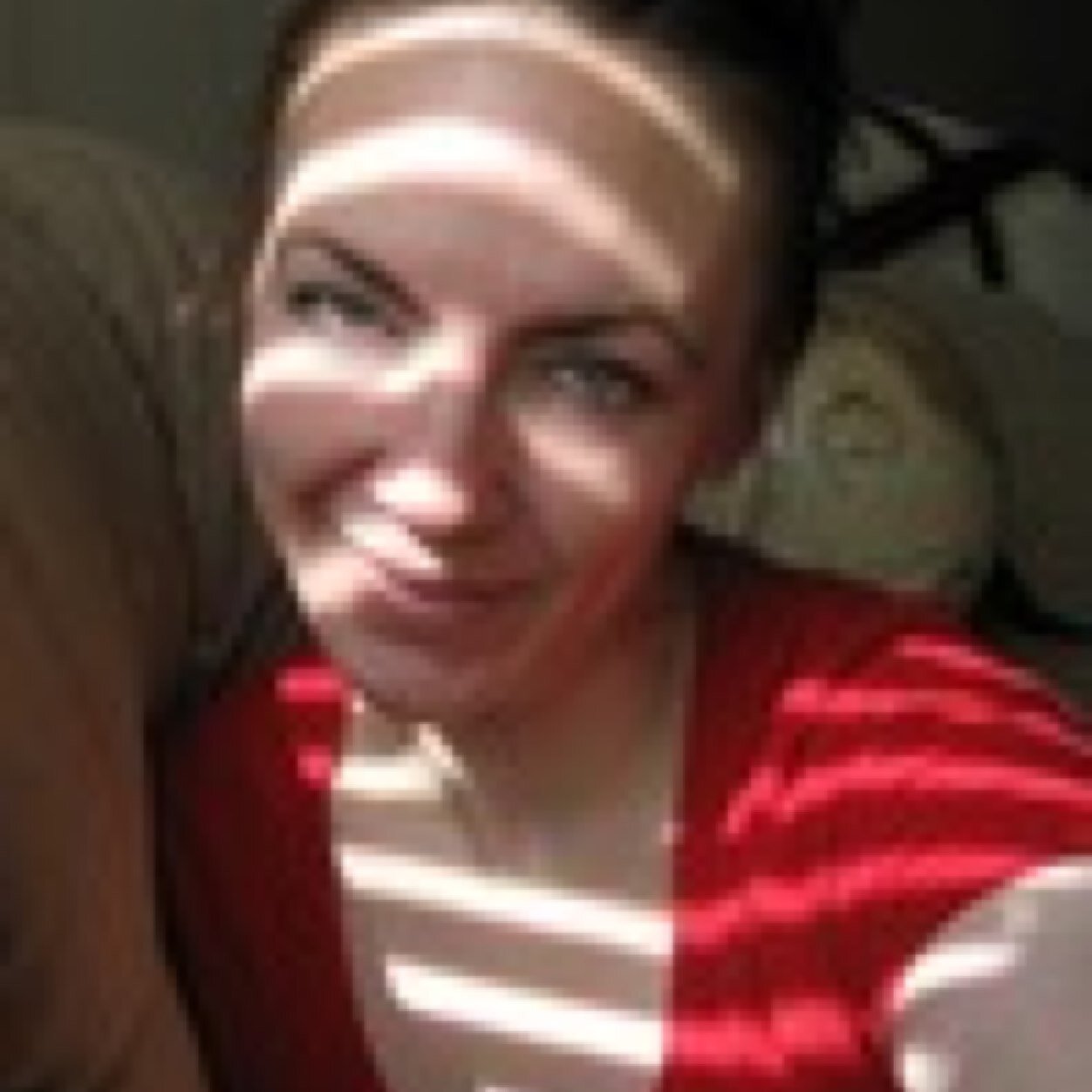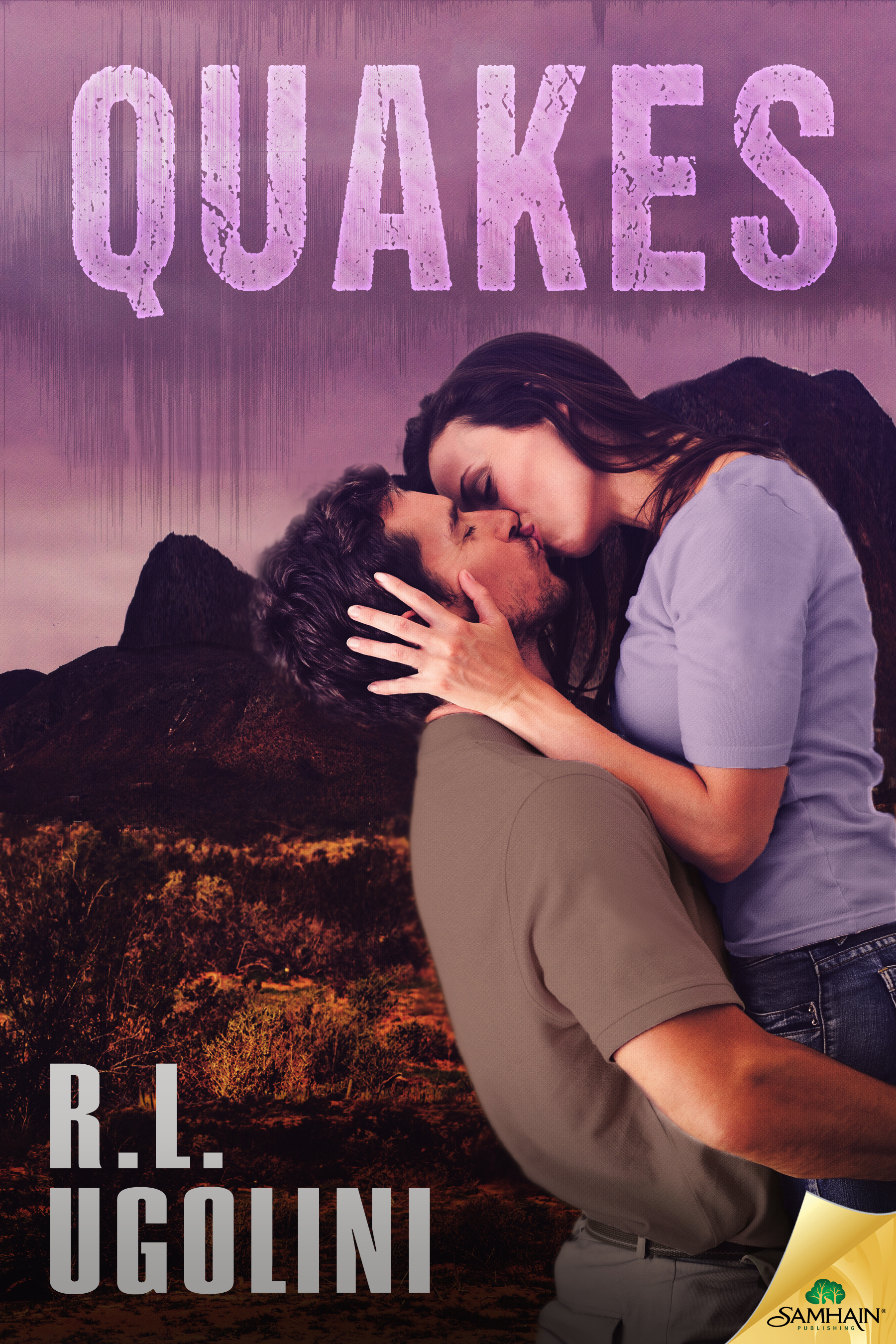Today marks the second installment in my Speculative San Antonio series, in which I highlight a South Texas creator of science fiction, fantasy or horror literature, film or art.
R.L. Ugolini jumps literary genres the way Evel Knievel used to jump obstacles: with frequency and in a way that inspires deep gasps.
Over the past few years, she’s published a string of short stories that span horror (check out her contributions to the Demonic Visions anthology series), magical realism, sf and literary fiction. And did I mention that her first published novel, Quakes, which came out earlier this year through Samhain Publishing, is a romance?
What’s even more remarkable is that Ugolini manages to keep a consistently strong and recognizable voice as she shifts literary gears. She’s a master at getting us into the heads of her often quirky characters, and her vivid, lyrical prose drops us into rural settings that can be at once beautiful and ominous.
If you haven’t yet checked out her work, do yourself the favor.
Samhain recently published your first novel Quakes, which is a romance, and you’ve also had a string of short story publications that tread in darker territory — some in horror and others a downbeat sort of magical realism. Talk a bit about the path that led you to pursue what might appear to be dichotomous styles.
When I think of love in terms of romance and horror genres, the only real difference is the end result. When you’re in love, things are great. Life is all roses and puppies and interminable phone calls (Hang up! No — you hang up!). Oh, the romance! But when you’re not in love — when you yearn for it, when you’ve lost it, when you’ve been denied it — then love can be a nightmare. Then, life becomes a series of diagnoses — paranoia, obsession, delusion. Horror.
A lot of your work seems to take place in rural settings, specifically farms. Why is that?
I like to write what I know. If I have to look something up, more than likely I’ll end up lying through my teeth — I mean, changing the specifics to something that resonates with me. And what that is often times is the outdoors. There is something about being outside that strips away all the artificiality — Instagram! Twitter! Pinterest! Oh my! — we wrap ourselves in every day. Take a moment to watch the clouds or watch the stars and none of that crap will matter anymore.
Rural landscapes, and specifically farms, crop up (see what I did there) in my stories quite often, again because I like to write what I know. I grew up across a dusty country road from a cornfield (managed by something called a “prison farm” but that’s another story…). I was fascinated by that field.
In the spring, I watched melt water pool in the furrows and geese come to glean. In summer, crop dusters performed aerial acrobatics as they sprayed God knows what. In the fall, my friends and I stole ears of dried corn and hid in trees, waiting for the unsuspecting to walk below and fall prey to the sharp sting of corn kernels shot out of straws, something akin to redneck blow guns. And in winter, I watched the wind play with the snow, drifting it across fallow fields.
Rural life, farms and fields, have stayed with me, as have the places I’ve traveled. The wilds of Baja Mexico burn up the pages in Quakes. The dark woods and myriad lakes of Northern Wisconsin appear as common refrains in my short stories. I write what I know. But I also write what I love. It’s good when the two are one.
You originally trained to be a scientist. What inspired you to begin writing, and what’s been the biggest challenge as you’ve begun to grow your career?
As a teenager looking ahead to college, I may have been poorly advised. All my life I had wanted to write, but could see no means to make a living from my, albeit, fledgling craft, which at that time included one sci-fi novel written longhand in a spiral notebook and several scathing parodies of the 1988 presidential election. So, instead, I went where the big money was — science. Clearly. Yeah. Right.
But I loved all thing science, so that was okay. I enrolled at Caltech, where I studied physics, astronomy, math, chemistry and geology. I learned to integrate over n-space, navigate the steam tunnels, ride in dumbwaiters, plot world domination, lick rocks and scare off mountain lions. Basically, your standard undergraduate education.
But after all that, I still wanted to write. The only thing I lacked were English classes in general and creative writing courses in specific.
Thankfully, that didn’t stop me, though it did slow me down. Writing, I’ve discovered, is hard. But staring at a blank page is even worse.
So, I write.
You seem to move fairly freely between literary and genre fiction. Do you think the line between the two has grown increasingly fluid?
The line between genre and literary fiction exists only on bookstore shelves and in online search engines. Good writing is good writing. And when a writer shares her love of language, chooses words with exquisite affection, and relishes in the mouth-feel of the prose, good writing becomes great writing and the line — wherever it may wander — becomes meaningless.
Who are some of the writers’ whose work inspired you and what have you learned from them?
I don’t think anyone can do character better than Elizabeth Strout. Read Olive Ketteridge. Read Amy and Isabelle. Read the The Burgess Boys. These are works of living art, the characters so finely drawn you feel as if you are a voyeur looking in on your neighbors, your family, your hometown.
The way Margaret Atwood blends reality with the fantastic is, literally, amazing. The reader never doubts the handmaid’s tale, never questions the edible woman’s descent into madness. Her writing is fresh and stark and invigorating. There is much to be learned here.
Barbara Kingsolver knows what I mean when I talk about being outside. I would love to go hiking with her, or better yet, be her. Her work is lusty and loamy, full of foxes and hedgerows, chestnut trees, moss and honeysuckle. Read Prodigal Summer and experience Appalachia.
And then, there is yearning. Everyone knows — should know, should have read and fallen in love with — Colleen McCullough’s The Thornbirds. If not, what’s wrong with you? And yet, even better, even more heartbreaking and real, is the heartache found in Morgan’s Run. I long to write with such desperate and aching need.
What’s next for R.L. Ugolini?
Is there such a thing as “farm noir”? Give me a couple more months and there will be. In the project I’m working on now, I’m exploring the darker side of (cue campy mood lighting) field corn in a new full-length novel and I’m so excited about how it’s unfolding.



